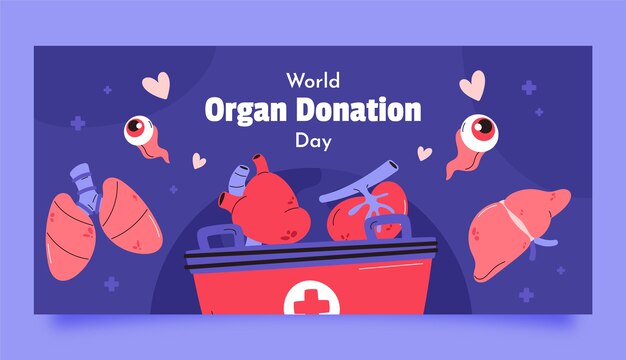
**Cash for Kidneys: The Hidden Organ Transplant Market in India**
In India, nearly 200,000 people are in need of kidney transplants, but only about 3% of that demand is met. The Mohan Foundation, a Chennai-based nonprofit that focuses on organ donation, highlights the difficulties faced by those who can afford a transplant in finding a donor. India’s laws only permit relatives to donate organs, which significantly reduces the number of available donors.
This disparity between supply and demand has led to the rise of an illegal organ transplant market. Of the 200,000 who need treatment, only about 15,000 can afford it, with half of those able to finance a transplant. This gap fuels the underground market where organ trafficking thrives.
Concerns have arisen about missing children whose bodies have been discovered with organs removed. The NGO Bachpan Bachao Andolan, led by Nobel laureate Kailash Satyarthi, points to a lack of proper investigation into these cases. It stresses the need for legal reforms to address the issue thoroughly.
There are instances where people willingly sell their kidneys for money, but there are also many cases where organs are removed without consent. While a proactive organ donation campaign could potentially meet demand, the lack of donor participation has made organ trafficking a lucrative enterprise for criminals. Media reports highlight several illegal organ trade cases, including a 2007 kidney racket and a decade-long transplant ring in Gurgaon that affected laborers and involved multiple Indian states. The illegal market has dire consequences, often leading to death, as reported in a case from Punjab in 2003 where 30 donors died.
The Indian government outlawed the commercial sale of kidneys in the 1990s, imposing jail terms of up to five years. Still, legal organ donations remain uncommon. Despite public figures pledging to donate their organs, awareness is low, especially in rural areas. Poverty and illiteracy make people vulnerable to organ traffickers, as highlighted by the National Human Rights Commission. There are accounts of donors being coerced at gunpoint to undergo organ removal surgeries.
Globally, organ trafficking affects many countries. The World Health Organization estimates that illegal organ trafficking accounted for 5-10% of kidney transplants worldwide as of 2007, with about 2,000 Indians selling their kidneys each year. In places like the United States, long waits for transplants are common, fueling the market for illegal options.
Countries have tried changing organ donation laws with mixed success. While some introduce limited payment to compensate live donors, the rich often bypass legal avenues, seeking illegal transplants both in India and abroad. This situation worsens human trafficking, exploiting poor people from developing nations who aspire for better opportunities.
To address the issue, there is an urgent need for stringent laws to protect vulnerable populations from organ traffickers. Alongside harsher legal consequences, spreading awareness about the dangers of illegal organ trade is crucial. Encouraging legal organ donations could help bridge the gap between demand and supply, reducing the appeal of the illegal market for organs.